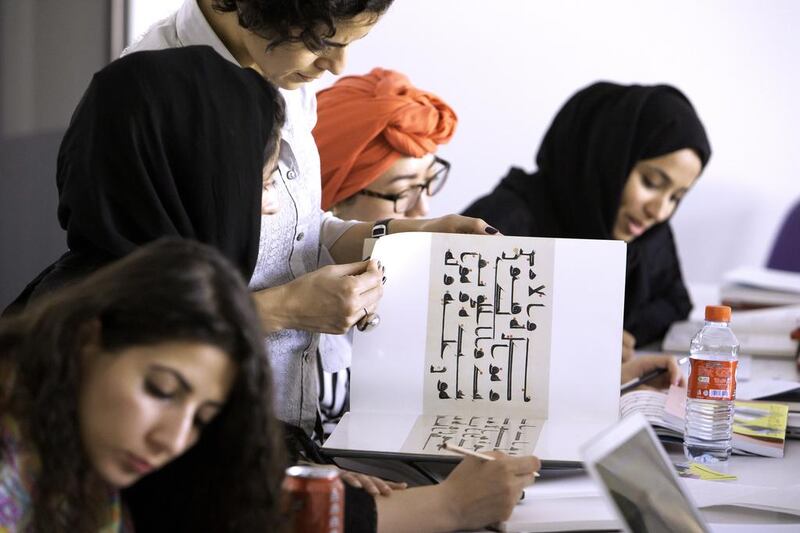Public discussions on women’s issues often focus on the victimisation of women as a group. Women are often viewed as an oppressed group, needing protection from society. Women who experience abuse or violence are seen as no more than victims.
As The National reported recently, during the second forum of Promoting Peace in Muslim Societies, female panelists from the UK, US and Estonia told stories of Muslim women being victims of discrimination and forced marriages – even though the talk was supposed to be on women’s role in supporting peace and development.
This narrative is being pushed by many speakers and writers when discussing women’s issues. It is also the same narrative that some feminists use in their fight for equality.
This is understandable because in societies around the world, women are seen as inferior to men and so they are considered to be one of society’s vulnerable groups. It’s true that women are more likely to experience rape, sexual harassment, domestic abuse and discrimination. But will the “victim” narrative help empower the average woman?
There are many examples of women overcoming negative circumstances and leading successful lives.
Most people are inherently resilient and adaptable. Many people are exposed to potentially traumatic events at some point in their lives, and yet they continue to have positive psychological and emotional experiences, although sometimes they show minor and transient disruptions in their ability to function and lead a normal life.
In a legal context, the word “victim” is usually used to describe an individual who has experienced injury or harm (or both) as a direct result of a criminal offence. However, using the word in a public discourse can, arguably, do more harm than good, as it helps to reinforce the disempowering narrative of victimisation of women.
This is not to underestimate the serious challenges that women around the world face every day. But the human ability to learn from our experiences and heal ourselves is something to consider and support when dealing with those who suffer from abuse, violence or discrimination.
The word “victim” is controversial, because it emphasises vulnerability and powerlessness. It is in essence a one-dimensional view that reduces a human being to a passive individual and undermines the human capacity to thrive after adverse events.
The term can be associated with weakness, deficiency, fragility and even shame. It could mean that the person is entirely dependent on others’ support to survive. Thus, it may potentially affect how women view themselves, how others treat them and how support to these women is designed and offered in the forms of programmes and services.
An important question here is this: if the word is avoided while discussing women’s issues, will it change anything? I think it will.
In this context, it’s helpful to remember how changing “disabled” to “special needs” has changed the entire discourse regarding this group of people. Pushing the term “persons with special needs” into the mainstream had led to a shift in attitude to the treatment and education of people who were traditionally described as “disabled” or “handicapped”.
The focus has shifted from what people with special needs were not able to do towards how we can, as a society, meet and support their special needs.
Reframing an issue by adopting a vocabulary that is more objective and less biased is more than an act of playing with semantics.
Such examples highlight the power that language has to construct. Viewing oneself as a victim can lead to a culture of dependency.
On the other hand, the word “survivor”, for example, has a positive connotation. Survivors are strong. They have conquered their bad experiences and managed to move forward with or without support. Language has the power to create positive and negative images of people which, in turn, affects social practices and even public policy.
Women who survived abuse or violence might be victims in some ways – but they are definitely more than that. There is much more to them, their lives, their feelings and their personalities than the instances of abuse or violence they have experienced no matter how profound these are. Each one of them has her own cultural and individual experiences. They are human beings worth of dignity and respect.
Focusing on a negative narrative can be counterproductive. Instead, we can focus on “survivors” and tell positive stories to inspire young women to cope better with their challenges. It’s all about the narrative.
aalmazrouei@thenational.ae
On Twiter: @AyeshaAlmazroui





